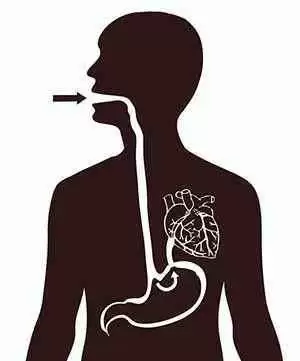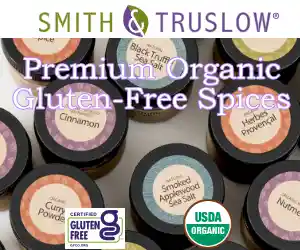
Celiac.com 02/19/2020 - What role, if any, do nutrients play in non-responsive celiac disease?
A team of researchers recently set out to compile an overview of the causes of non-responsive celiac disease (NRCD) in adults, highlight a systematic approach to investigate these patients, and assess the latest approaches to managing this subset of celiac disease.
Celiac.com Sponsor (A12):
Celiac disease is a common autoimmune condition of the gut which results from gluten consumption by genetically susceptible individuals. A lifelong gluten-free diet is still the only currently recognized treatment for celiac disease.
While most people with celiac disease see a major improvement in symptoms once eating a gluten-free diet, nearly one-in-three continue to show symptoms, including ongoing gut inflammation.
Patients who continue to suffer symptoms on a gluten-free diet are said to have "non-responsive celiac disease". This may be due to ongoing gluten ingestion, witting or unwitting, slow healing, refractory celiac disease, and/or some other condition.
The team recently published their review of the causes of non-responsive celiac disease in adults. In their paper, they also delineate a process for investigating these patients, and gauge the latest approaches to managing this type of celiac disease.
The main causes of non-responsive celiac disease:
- An Alternative Primary Diagnosis
- An Associated Condition
- Dietary Indiscretion
- Gluten Super-Sensitivity
- Refractory Celiac Disease
The researchers conclude:
Expand QuoteUp to a third of individuals with CD develop NRCD. Dietary indiscretion is the commonest cause of NRCD, yet currently there is no reliable objective assessment of ongoing gluten ingestion in these patients. The diagnosis and management of RCD is challenging, and patients should be referred to a specialist center with multi-disciplinary experience in RCD for assessment, diagnostics, treatment, and follow-up. Novel therapeutic strategies are required to provide realistic treatment options in RCD2 to impact the dismal mortality in this condition.
Read their full report in Nutrients

















Recommended Comments
Create an account or sign in to comment
You need to be a member in order to leave a comment
Create an account
Sign up for a new account in our community. It's easy!
Register a new accountSign in
Already have an account? Sign in here.
Sign In Now